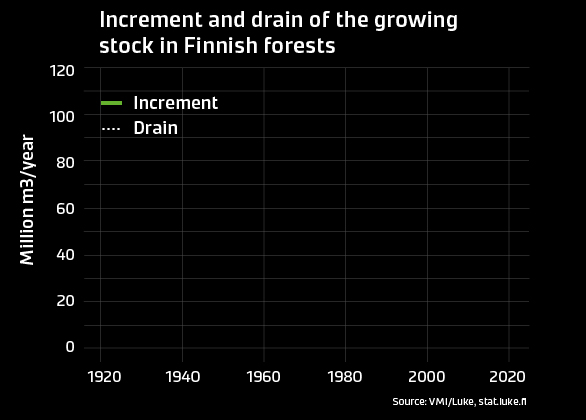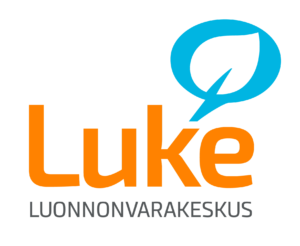Statutory and Expert Services

The view that opens up in front of your eyes is rich in natural resources. Luke’s public authority and expert services (VOAS) programme collects and analyses information on them.
We have dozens of different monitoring and data collection projects, as well as reviews, to identify how sustainably we use forest, game or fish resources, for example.
We produce information, tools and services to support decision making in society. This information also benefits everyone who is interested in the state of natural resources, ranging from home gardeners to recreational fishermen.
Katja Holmala, Programme Director, Public Authority and Expert Services
The sustainable use of natural resources calls for up-to-date information on changes in habitats and species, as well as understanding of the causes and effects of these changes. This is why we identify the state and use of natural resources through continuous monitoring, resulting in far-reaching time series.
These time series help to perceive when we are dealing with ordinary variation in natural resources and when with permanent changes resulting from such causes as global warming.
When natural resources are used sustainably, nature can recover and replace what we consume. This also ensures that the next generations can enjoy natural resources.
We monitor the state and use of natural resources in forests, agricultural environments and water bodies. We collect information not only on species and habitats, but also on business based on natural resources, including agriculture and horticulture, forestry, natural wellness services, and aquaculture.
What kind of information do we provide on the state of natural resources?
Here are a few examples:
We produce information on Finland’s forest resources, land use, and forest health and biodiversity through the National Forest Inventory. Currently, the monitoring of forest resources, started a hundred years ago, is an important part of Finland’s climate policy and sustainable forestry.

We collect information on agriculture to help farmers do their work. They can use the information when controlling pests or determining what crops to grow, for example.
Using the information we produce, landowners can participate in social debate on wildlife populations, among others. As a result, people can have an impact on local decision making regarding natural resources in their own area.
We also maintain the diversity of species and support sustainable breeding by working broadly with crops, livestock, forests and genetic fish resources. Our activities are guided by the Finnish law.
We store seeds of cultivated crops for primary production and we preserve embryos of Finland’s native livestock species, such as Finnsheep and Northern Finncattle, in gene banks.
What about life in water bodies?
We produce information on fish stocks and their development, as well as the impact of fishing quotas. Fishing is regulated to ensure the sustainable use of fish stocks.
We carry out selective breeding for fish species intended for human consumption to provide fish farmers with healthy and quickly growing fry and roe. In addition, we preserve genetic fish resources in parent farms and milt banks.
In this way, we can support threatened species and advance fishing opportunities.
Overconsumption and invasive alien species cause changes in natural resources. Understanding these changes, as well as their causes and effects, helps us foresee the impact of climate change and adapt to it.
Understanding of natural resources supports decision making in society and the wellbeing of citizens.
Decision makers use the information on natural resources we produce to support decisions on such factors as maintaining biodiversity in commercial forests. Citizens can access the monitoring of berry yields to check how large yields are expected and when to go berry-picking.
We monitor the sustainable use of natural resources from the ecological, social and financial perspectives. Above all, our goal is that Finnish natural resources remain vital far into the future and that decisions concerning them are based on high-quality information.




